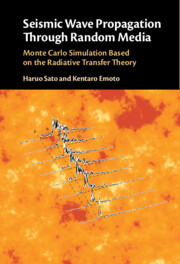The Born approximation of a potential in the context of the Calderón inverse problem is an object that can be formally defined in terms of spectral data of the Dirichlet-to-Neumann map of the corresponding Schrödinger operator. In this article, we prove, in the case of radial potentials in the Euclidean ball and any fixed energy, that the Born approximation is well-defined as a compactly supported radial distribution, and that the Calderón problem can be reformulated as recovering a potential from its Born approximation. In addition, we show that the Born approximation depends locally on the potential and captures exactly its singularities, and that the functional that maps the Born approximation to the potential is Hölder continuous. We also prove that the Born approximation converges to the potential in the high-energy limit. Moreover, we give an explicit formula for the Fourier transform of the Born approximation at any fixed energy, and illustrate how it can be used as the basis of an accurate procedure to approximate a potential from its Dirichlet-to-Neumann map.

